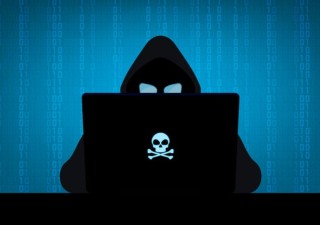Government Claims Progress in Fight Against Piracy
20 November 2012

Even though the Washington-based International Intellectual Property Alliance (IIPA) has asked the United States Trade Representative to place the Philippines status on the priority watch list when the USTR releases its 2009 watch lists later this month, the Intellectual Property Office of the Philippines insisted recently that the country has made progress against counterfeiters and piracy, according to local media reports.
The IIPA’s 2009 Report on Copyright Protection and Enforcement says that the Philippines has “once again emerged in 2008” as a net exporter of pirated CDs, DVDs and CD-ROMs. “In general, the piracy situation in the Philippines worsened in 2008,” the report said. “In addition to physical piracy (CDs, DVDs, CD-ROMs), the legitimate market for foreign and local Philippine copyright was decimated by internet piracy, mobile device piracy, camcording piracy, retail piracy, optical disc production and pay TV theft.”
IP Philippines director general Adrian S Cristobal told The Philippine Star that country is making progress against pirated goods. “We continue to make significant inroads in our fight against piracy and other forms of violations against IP in all fronts, and all critical areas of the campaign,” Cristobal said, noting that the estimated value of fake goods confiscated in 2008 rose 17.39% compared to 2007, with the total value of counterfeit products seized in 2008 valued at Ps3.51 billion (US$73.1 million).
The IIPA says local production makes up an estimated 40 to 50 percent of hard goods found in the domestic market and that “pirates once again have found it profitable” to export fake goods. The IIPA was also critical of the Philippines’ courts, saying the system was in need of reform and calling judicial corruption an increasingly serious concern.
Cristobal, however, remains optimistic about the future of intellectual property rights in the Philipines. “Definitely enforcement is sustainable,” Cristobal said. “As expected, there are components of the strategy that are more difficult to execute, but in due time, and with our growing partnership with IP stakeholders from the private sector, we will able to overcome these obstacles.”






